My desktop is full. My bookshelves are full. My e-reader is virtually full (just kidding). I've been fending off ARCs for three decades. It's one of life's little (and sometimes great) pleasures. One thing I've never considered doing, however, is selling an ARC.
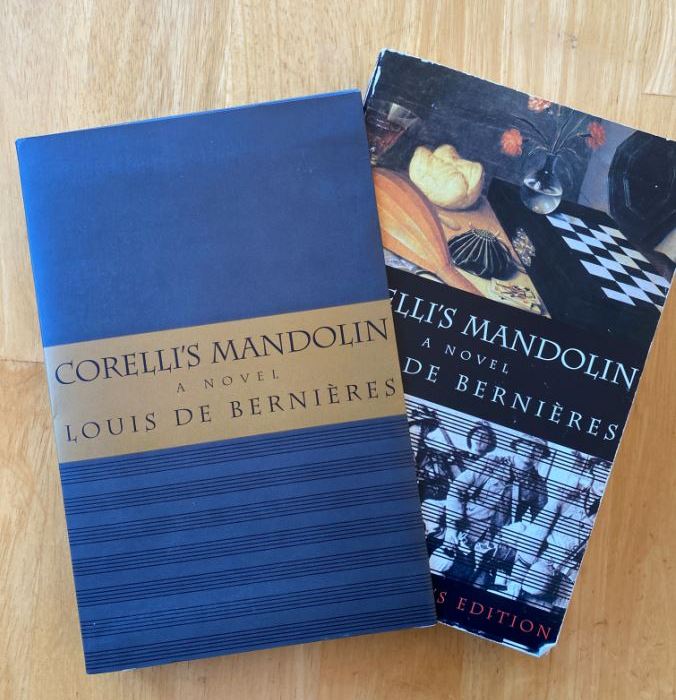 In addition to moral and/or ethical reasons for this decision, I must confess that generally when I've finished with an ARC, even one that might be considered valuable somewhere, my copy is in no condition for the market, online or otherwise. As evidence of my long criminal record regarding mistreatment of advance reader's copies to the point of devaluation, I would submit Exhibit A: a 1994 signed and slipcased ARC of Corelli's Mandolin by Louis de Bernières. More on this later.
In addition to moral and/or ethical reasons for this decision, I must confess that generally when I've finished with an ARC, even one that might be considered valuable somewhere, my copy is in no condition for the market, online or otherwise. As evidence of my long criminal record regarding mistreatment of advance reader's copies to the point of devaluation, I would submit Exhibit A: a 1994 signed and slipcased ARC of Corelli's Mandolin by Louis de Bernières. More on this later.
I guess it's safe to say that my perception of ARCs does not have anything to do with their retail value, though it wasn't a shock when I read the Wall Street Journal's piece ("Stephen King, J.K. Rowling and Others Whose 'Not-for-Sale' Books Are Fetching Thousands") last month reporting that an ARC of Sally Rooney's now mega-bestselling novel Beautiful World, Where Are You had sold on eBay for $79.99 (with tote bag), while another advance copy went for about $200 earlier this summer. An ARC of Jonathan Franzen's forthcoming Crossroads was recently listed on eBay for $165.
ARCs "can draw a bidding frenzy, especially inside the literary world," WSJ noted. "One publicist described Rooney's galleys, along with Ottessa Moshfegh's, as 'almost like trading cards' among junior publishing employees. Early, unfinished versions of classic novels have long been collectible, with some fetching astronomical prices. This is especially true for early-20th-century books, when advance copies were rare and tended to be made with higher-quality materials. They can also provide a window into a canonical author's process--highlighting revisions made between drafts, say--and may include handwritten corrections."
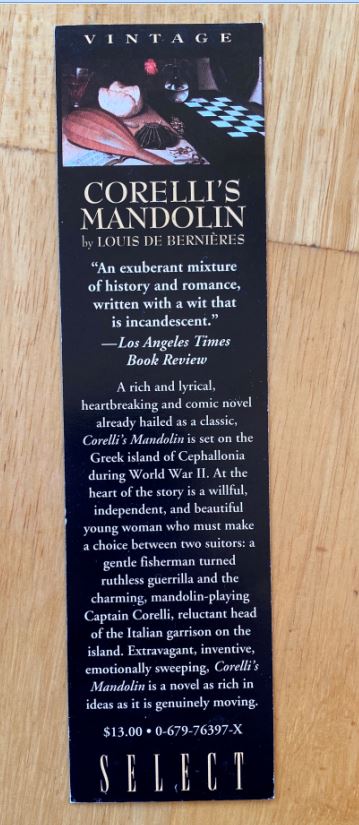 Among the examples listed were an uncorrected advance copy of John Steinbeck's Cannery Row ($35,000); an early version of Hemingway's The Old Man and the Sea ($28,000); an uncorrected proof of Stephen King's Carrie ($3,000), and, just last May, an uncorrected version of Harry Potter and the Philosopher's Stone that sold for over $29,000.
Among the examples listed were an uncorrected advance copy of John Steinbeck's Cannery Row ($35,000); an early version of Hemingway's The Old Man and the Sea ($28,000); an uncorrected proof of Stephen King's Carrie ($3,000), and, just last May, an uncorrected version of Harry Potter and the Philosopher's Stone that sold for over $29,000.
"FSG policy does not condone any reselling of advance reader copies," said Sarita Varma, director of publicity for Farrar, Straus and Giroux, which publishes Rooney's and Franzen's books in the U.S. "Each copy clearly indicates that it is not for resale."
David Levithan, publisher and editorial director at Scholastic, observed: "This has always been a conundrum with ARCs. At BookExpo, or the American Library Association Conference, you would see people literally picking up every single galley they could find and getting them signed. Authors used to joke, 'Should I make this out to eBay?' because they didn't want a name, they only wanted a signature."
Social media has upped the ante. In addition to critics galley-bragging on Instagram and authors sharing images of their friends' books on Twitter, WSJ noted that "there are online communities built around ARC-trading and galley-swapping, especially on the resale site Depop. Users will post ARCs and galley wish lists, alongside the books they have to offer in exchange."
It's an international game. British bookseller and blogger Dan Bassett told the Guardian: "When a book appears on social media months before official release, other bloggers and readers go mad for it. This has led to people selling them though market places, with others asking people like myself if I would sell it to them."
Regarding that legal gray area the words "not for sale" printed on an ARC fall into, the Guardian wrote that "publishers remain their legal owners. This means that technically, a publishing house could recall an ARC at any time--but this is largely unheard of. And since proofs of big releases have only recently become such a hot commodity, publishers have not traditionally had to police ARC sales stringently--and have generally been willing to turn a blind eye to a small number of proofs being sold in charity shops."
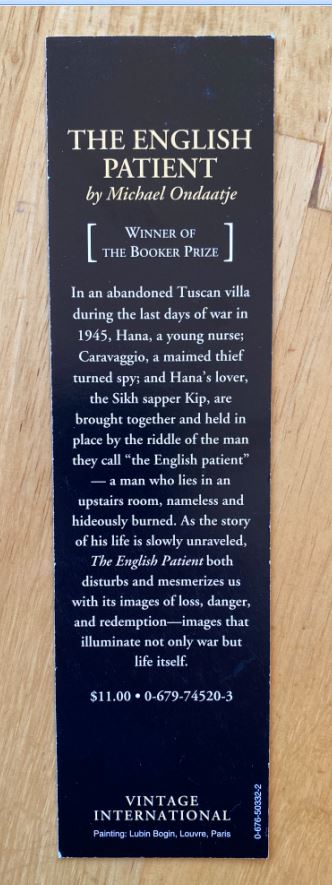 I'm an innocent. Many of the ARCs that have passed through my hands over 30 years as a bookseller and then editor experienced the same fate as my precious copy of Corelli's Mandolin. It was sent to me at the bookstore by Pantheon, along with a promotional letter from the late, great Sonny Mehta ("Every now and then I pick up a novel that provides a shock of recognition...."). I'm sure I was on that particular mailing list because a couple of years before, I'd been one of the indie booksellers nationwide evangelically handselling Michael Ondaatje's The English Patient (literally the ARC that changed my life).
I'm an innocent. Many of the ARCs that have passed through my hands over 30 years as a bookseller and then editor experienced the same fate as my precious copy of Corelli's Mandolin. It was sent to me at the bookstore by Pantheon, along with a promotional letter from the late, great Sonny Mehta ("Every now and then I pick up a novel that provides a shock of recognition...."). I'm sure I was on that particular mailing list because a couple of years before, I'd been one of the indie booksellers nationwide evangelically handselling Michael Ondaatje's The English Patient (literally the ARC that changed my life).
In 1994, my Corelli's Mandolin ARC was consumed in the best possible way: marginal notes, underlinings, dog-eared pages, broken spine. Devalued, as it were. And yet, it has a place of honor on my bookshelves. Still tucked inside it is a promotional bookmark Pantheon sent out at the time, with Corelli's on one side and The English Patient on the other. That's a link I do value, all these years later. Priceless, you might say.
 In July, bookstore sales jumped 63.9%, to $716 million, compared to July 2020, according to preliminary Census Bureau estimates. July 2020 was the fourth full month that reflected severe measures taken in the U.S. to combat the Covid-19 pandemic, which included widespread lockdowns. By comparison to pre-pandemic times, sales this July rose 21.2% in relation to July 2019.
In July, bookstore sales jumped 63.9%, to $716 million, compared to July 2020, according to preliminary Census Bureau estimates. July 2020 was the fourth full month that reflected severe measures taken in the U.S. to combat the Covid-19 pandemic, which included widespread lockdowns. By comparison to pre-pandemic times, sales this July rose 21.2% in relation to July 2019.








 The
The 
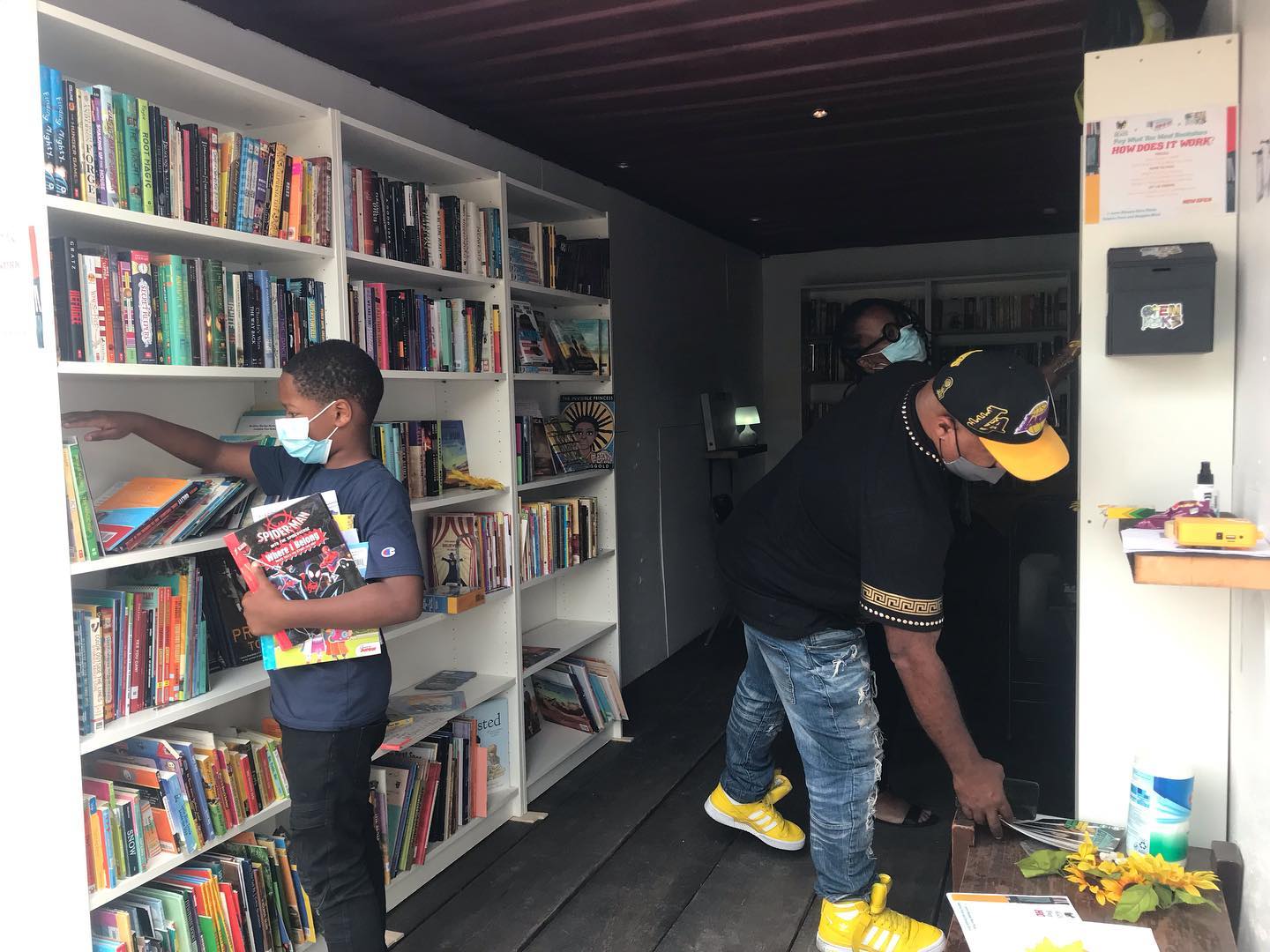
 French media conglomerate Vivendi, which owns Editis publishing group,
French media conglomerate Vivendi, which owns Editis publishing group, 
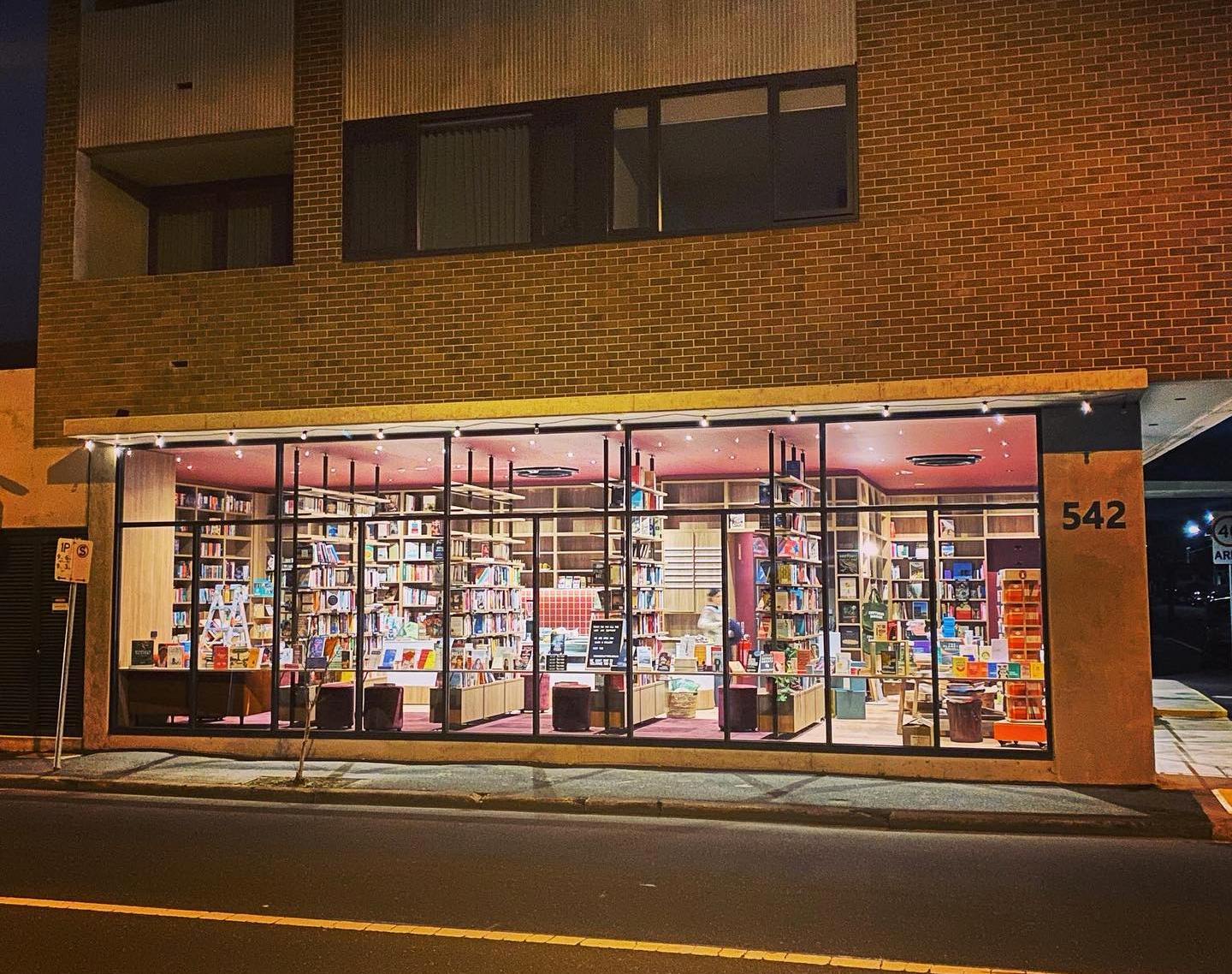 In the most recent Australian Booksellers Association newsletter, Reem Sweid, owner of the
In the most recent Australian Booksellers Association newsletter, Reem Sweid, owner of the  The National Book Foundation has been releasing longlists this week for the 2021
The National Book Foundation has been releasing longlists this week for the 2021 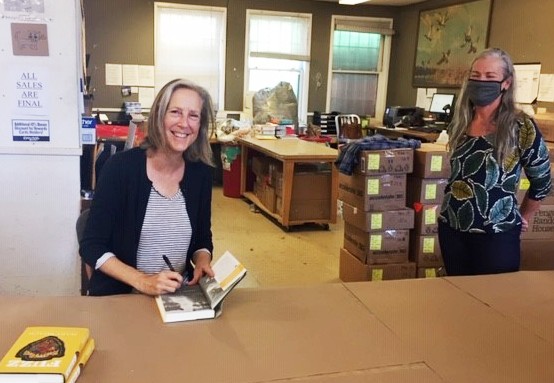 Last Saturday, employees opened the
Last Saturday, employees opened the 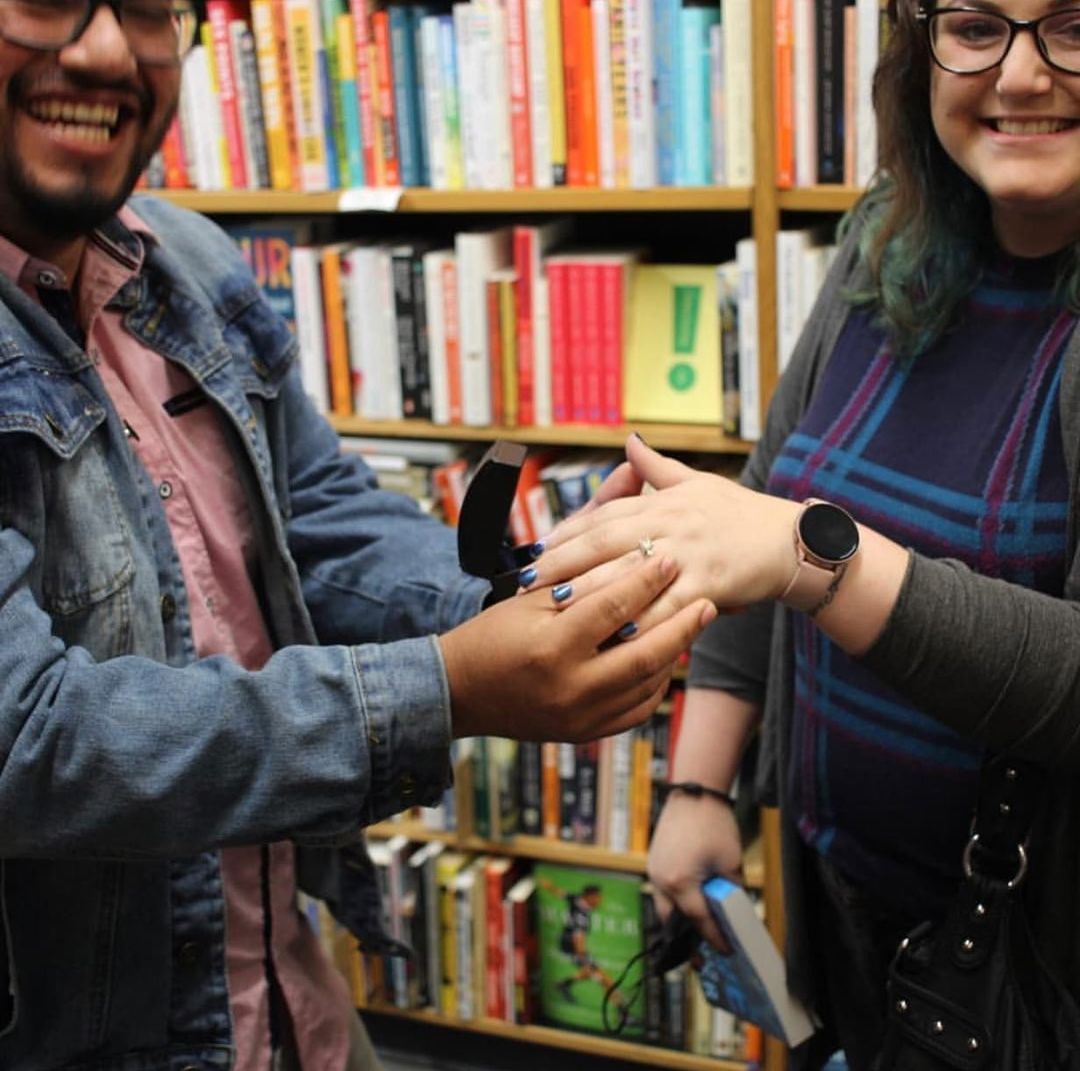
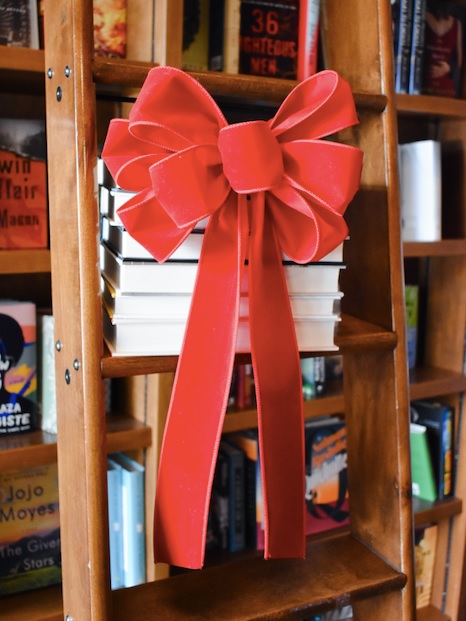 Posted yesterday by
Posted yesterday by 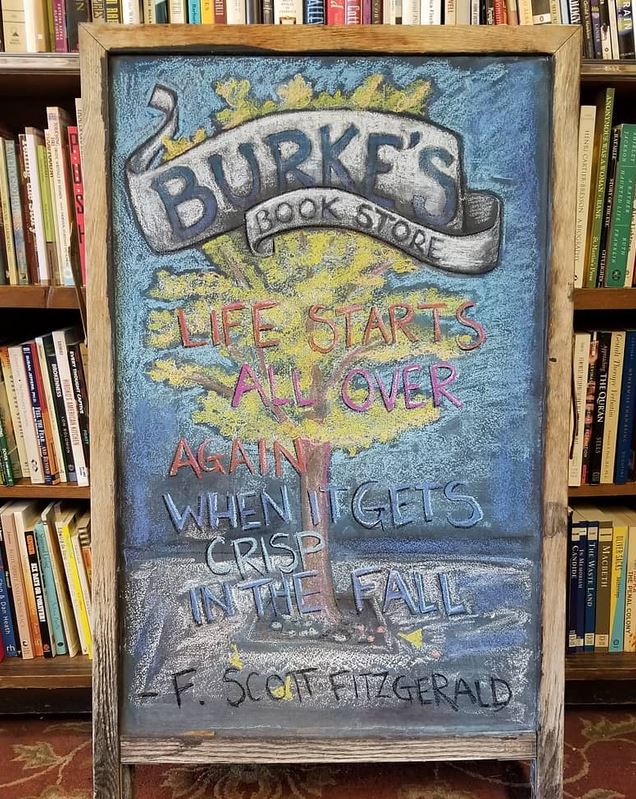

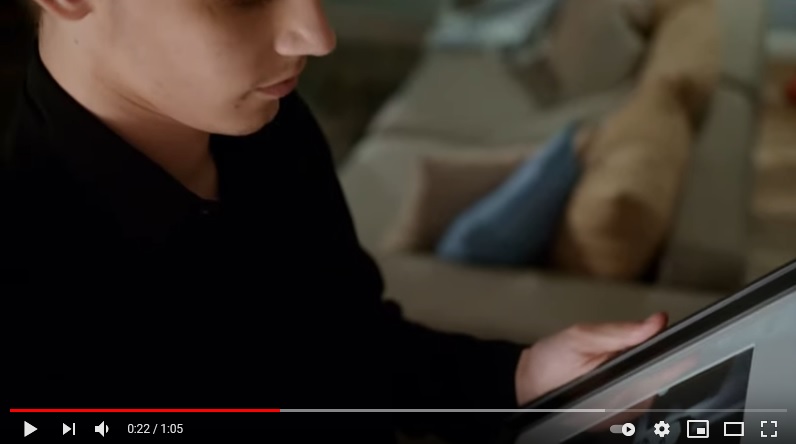 Self-Care for Adult Children of Emotionally Immature Parents
Self-Care for Adult Children of Emotionally Immature Parents
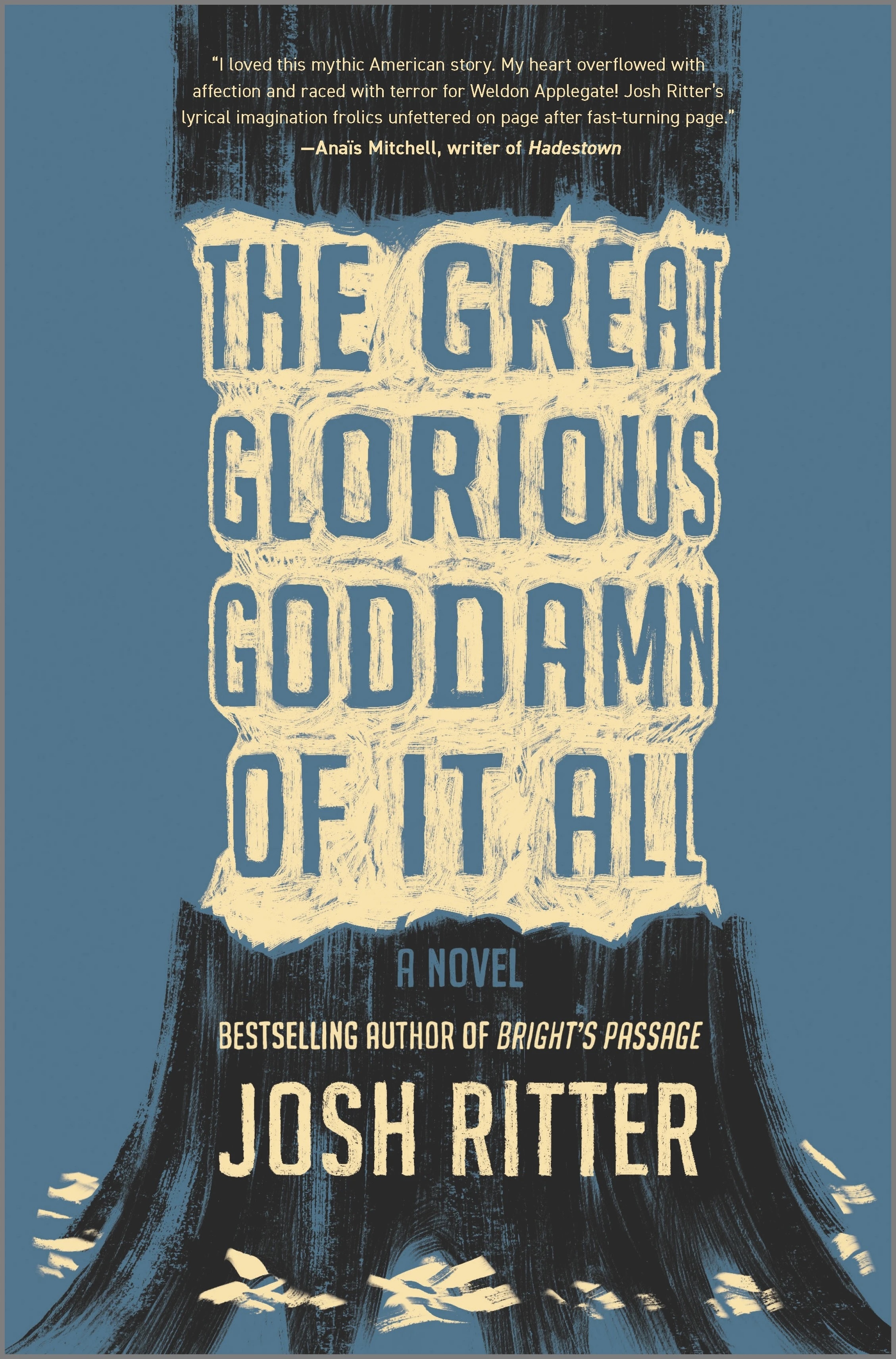 Book you're an evangelist for:
Book you're an evangelist for: In the chilling, spare-but-oh-so-dense novel The Rooftop, Uruguyan writer Fernanda Trías introduces Clara--her name a sharp contrast to her uncertainty, her unknowing--as she recounts the life that she announces on the opening page "came to an end today." Once upon a time, Clara recalls, "I had a life before this one, a job, a flat, which I now remember nothing about." For the last four years, she's been trapped in a small apartment in an unnamed location, caring for her bedridden father and his caged canary ever since his wife, Clara's stepmother, Julia, died. Clara became mysteriously pregnant and hoped the baby's arrival could mean "We'll be a family again," but the news left Dad "pout[ing] like a petulant child." He's more interested in going out, an impossibility that elicits Clara's rage: "There's no sea, no square, no church, no nothing. The world is what's under this roof," she insists.
In the chilling, spare-but-oh-so-dense novel The Rooftop, Uruguyan writer Fernanda Trías introduces Clara--her name a sharp contrast to her uncertainty, her unknowing--as she recounts the life that she announces on the opening page "came to an end today." Once upon a time, Clara recalls, "I had a life before this one, a job, a flat, which I now remember nothing about." For the last four years, she's been trapped in a small apartment in an unnamed location, caring for her bedridden father and his caged canary ever since his wife, Clara's stepmother, Julia, died. Clara became mysteriously pregnant and hoped the baby's arrival could mean "We'll be a family again," but the news left Dad "pout[ing] like a petulant child." He's more interested in going out, an impossibility that elicits Clara's rage: "There's no sea, no square, no church, no nothing. The world is what's under this roof," she insists.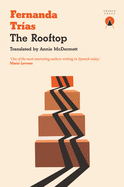
 In addition to moral and/or ethical reasons for this decision, I must confess that generally when I've finished with an ARC, even one that might be considered valuable somewhere, my copy is in no condition for the market, online or otherwise. As evidence of my long criminal record regarding mistreatment of advance reader's copies to the point of devaluation, I would submit Exhibit A: a 1994 signed and slipcased ARC of Corelli's Mandolin by Louis de Bernières. More on this later.
In addition to moral and/or ethical reasons for this decision, I must confess that generally when I've finished with an ARC, even one that might be considered valuable somewhere, my copy is in no condition for the market, online or otherwise. As evidence of my long criminal record regarding mistreatment of advance reader's copies to the point of devaluation, I would submit Exhibit A: a 1994 signed and slipcased ARC of Corelli's Mandolin by Louis de Bernières. More on this later. Among the examples listed were an uncorrected advance copy of John Steinbeck's Cannery Row ($35,000); an early version of Hemingway's The Old Man and the Sea ($28,000); an uncorrected proof of Stephen King's Carrie ($3,000), and, just last May, an uncorrected version of Harry Potter and the Philosopher's Stone that sold for over $29,000.
Among the examples listed were an uncorrected advance copy of John Steinbeck's Cannery Row ($35,000); an early version of Hemingway's The Old Man and the Sea ($28,000); an uncorrected proof of Stephen King's Carrie ($3,000), and, just last May, an uncorrected version of Harry Potter and the Philosopher's Stone that sold for over $29,000. I'm an innocent. Many of the ARCs that have passed through my hands over 30 years as a bookseller and then editor experienced the same fate as my precious copy of Corelli's Mandolin. It was sent to me at the bookstore by Pantheon, along with a promotional letter from the late, great Sonny Mehta ("Every now and then I pick up a novel that provides a shock of recognition...."). I'm sure I was on that particular mailing list because a couple of years before, I'd been one of the indie booksellers nationwide evangelically handselling Michael Ondaatje's The English Patient (literally the
I'm an innocent. Many of the ARCs that have passed through my hands over 30 years as a bookseller and then editor experienced the same fate as my precious copy of Corelli's Mandolin. It was sent to me at the bookstore by Pantheon, along with a promotional letter from the late, great Sonny Mehta ("Every now and then I pick up a novel that provides a shock of recognition...."). I'm sure I was on that particular mailing list because a couple of years before, I'd been one of the indie booksellers nationwide evangelically handselling Michael Ondaatje's The English Patient (literally the